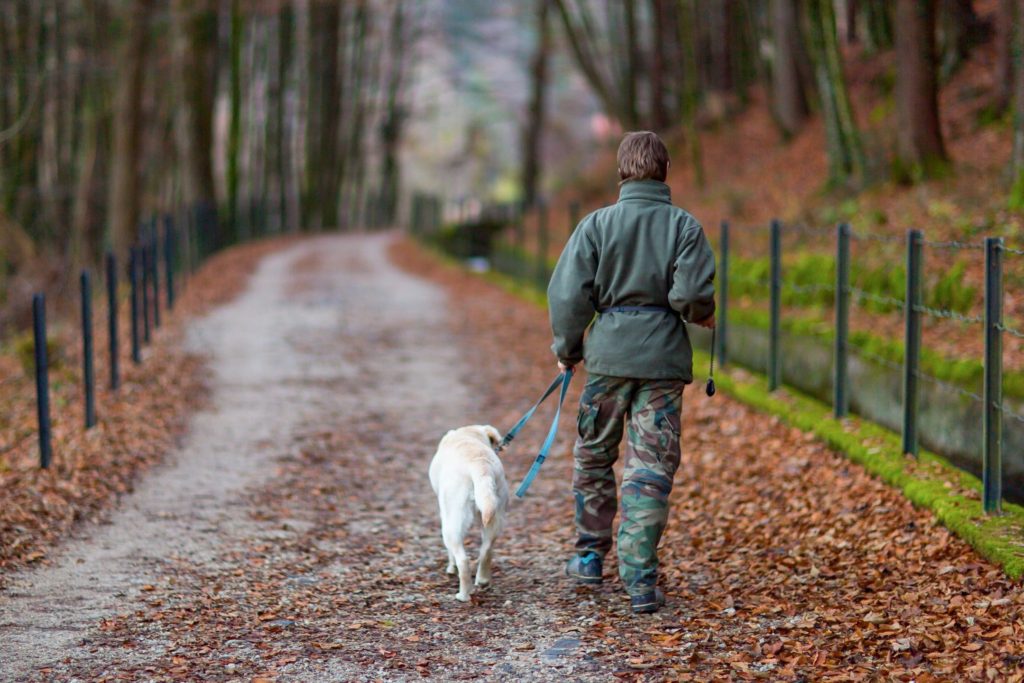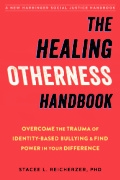Hero legends are woven into the fabric of Western culture. We romanticize and acclaim both real and fictitious characters whom we recognize have made bold decisions and carried out noble deeds. We’re particularly drawn to those who overcame great odds along the way. What about the everyday heroes though; whose lives began in adverse conditions but who created happiness, success, and other positive experiences? What about the hero who resides in each of us who, as the kid who was different, never felt worthy but somehow survived and learned to create a satisfying life? Here is the hero’s journey as a metaphor for each of us who was made to feel Other.
For those of you just being introduced to my work and the concept of Otherness, here’s a primer: The first time a child is made to feel Other or different from other kids (whether too smart, too tall, too fat, too femme, too dark, or whatever else someone decided we were), it is often a profoundly disruptive experience. To the extent that we learn we are Other through a process involving isolation, humiliation, and even physical violence; much of who we grow into as adults is shaped by these experiences of social pain and exclusion.
Obviously, children who are singled out for their differences never chose the experience, the persistent trauma that came from it, nor the shaken faith in ourselves and our ability to matter in the world. In many respects, the first time we’re made to feel Other is an experience of being cast out onto a dark and lonely road. Each of you who’s known the pain as the one who was different understands what I’m talking about, here.
The fundamental question we had to determine is “Now that I’m on this road, where will it take me?” Many adults still ask this question, having not yet realized that they began walking the hero’s journey the minute it was placed before them.
A challenge for us is that very few survivors of childhood trauma, whatever form it took, recognize ourselves as adult heroes. We tend to see only the mistakes: the failed relationships, the battles with depression or addiction (sometimes both), the opportunities we lost. Having been cast out, our brains fire in such a way that we only see the things that we view as weak, as deficient, as less-than, as Other.
A traumatized brain doesn’t often allow us to see all that it took to get here: the people who’ve loved us, the positive decisions we made, the many positive ways we’ve impacted the world we occupy. We don’t recognize our gifts, our intellectual capacities and special talents, our creativity, our ability to improvise. Most especially, we fail to recognize all the ways that we managed to get ourselves out from under, surviving to fight another day. Healing the trauma of our past begins when we reclaim the present and refuse to allow who we were yesterday define what we are today or will be tomorrow.
Transforming the pain of Otherness begins in the moment we realize that we’ve been walking the hero’s journey all along. We embarked upon it in the minute we made a decision to survive.
Acknowledging just one aspect of our survival story and the tremendous strength it took to get here is the first task of training our minds to perceive a different reality for ourselves. This is key, for what’s happened is that our experiences as Other have grossly distorted our perceptions of ourselves as damaged goods, as ugly, as stupid, as disgusting, as unlovable, or whatever else we came to believe. We’ve carried these beliefs on our backs for so long that we’re bent over from exhaustion, unable to see the road that we’ve been on for these many years.
Unloading just one of the beliefs by refusing to believe that we’re as stupid, as ugly, etc. as we were told allows us to straighten our backs just a bit. We see the road we’re on and realize that it’s a story of strength that’s been ours all along.
In doing so, we realize that the hero’s journey was one we embarked upon from the first time we were cast out as Other.
What then shall we do when we acknowledge our hero’s journey? In short, whatever we need that will create true meaning and happiness for our lives and relationships. By refusing the limited confines that perpetuate notions of ourselves as inferior, we create potential. The hero answers the call to adventure.
What’s yours?


